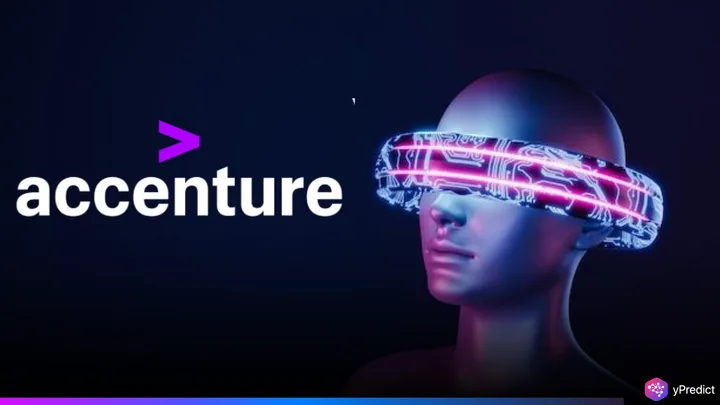
Accenture has launched a new Agentic AI framework to help developers build and scale smarter enterprise AI systems faster. The company’s AI Refinery distiller framework and new SDKs aim to simplify how developers design, deploy, and manage AI agents across sectors. Built with input from nearly 2,000 developers, the platform combines automation, memory management, and real-world signal processing. Accenture says this launch will help businesses move past pilot AI projects and start applying agentic AI at full scale. Partnering with NVIDIA, the company is extending its AI capabilities to manufacturing, logistics, and cloud-based industries.
Inside the Distiller AI Framework, A Platform Built for Agentic AI at Scale
The Distiller agentic framework forms the core of Accenture’s latest AI push. It helps developers create intelligent software agents that can work together, learn from memory, and run across various systems. These agents are designed to support real-world business workflows, from analyzing video feeds to managing data across teams.
By integrating NVIDIA’s AI Enterprise software, Accenture ensures the system can run on multiple environments. These include public cloud, private infrastructure, and even sovereign data centers, depending on client needs. The platform also includes tools for observability, model tuning, and governance, features that are critical for enterprise adoption.
“We’ve industrialized agent development,” said Lan Guan, Chief AI Officer at Accenture. “Now, enterprises can scale AI beyond pilots and into real operations.” At the heart of the offering is Trusted Agent Huddle, a new builder tool that removes technical complexity for developers. The framework allows AI to focus on business impact instead of backend engineering.
From Smart Warehouses to Faster Deployment, Use Cases and Challenges
One of the standout components is the physical AI SDK, which can process video or sensor data in real-time. This is especially useful in industries like manufacturing, where anomaly detection and safety checks are vital. KION Group, a global logistics company, is working with Accenture and NVIDIA to test these capabilities in smart warehouse environments.
“We’re excited about the potential,” said CP Quek, CTO of KION. “This SDK could improve safety and productivity across our operations.” The platform also benefits from NVIDIA’s Blueprint for Video Search and Summarization (VSS) and Metropolis, which help process and analyze physical signals. These additions make the SDK ideal for video segmentation, visual inspections, and edge AI deployments.
Still, there are challenges. Enterprises will need to invest in infrastructure and staff training to use the full power of the platform. Questions around data privacy, cross-platform security, and long-term model governance will also emerge as adoption increases. Yet the potential remains high. Early deployments show promise in reducing development timelines and simplifying the building of domain-specific AI agents across sectors like finance, logistics, and manufacturing.
Accenture’s AI Framework Marks a Bold Step in Agentic Innovation
Accenture’s launch of the distiller framework positions it as a serious player in the next wave of enterprise AI innovation. With support from NVIDIA and feedback from thousands of developers, the company is laying the groundwork for scalable, specialized AI systems. By focusing on developer needs and real-world use cases, the platform opens new doors for automation and productivity. As industries push toward more intelligent and autonomous operations, tools like Accenture’s distiller framework could help reshape how AI is built and applied across the board.






